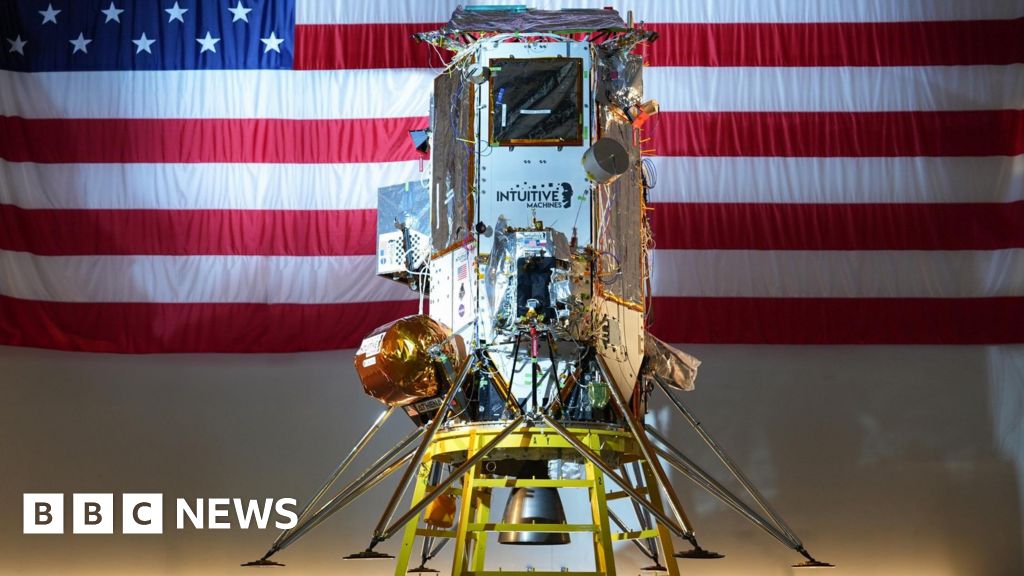Beyond Earth: How Space Could Become the Next Data Storage Frontier

The Future of Data Centers: Reaching for the Stars
As technology continues to evolve, the concept of space-based data centers is capturing the imagination of tech innovators and cybersecurity experts. Proponents argue that moving critical digital infrastructure beyond Earth's atmosphere could revolutionize data security and computing capabilities.
Advocates of space-based data centers point to several compelling advantages. By positioning computing facilities in orbit, these innovative solutions could potentially shield sensitive information from terrestrial threats like physical attacks, natural disasters, and geopolitical instabilities. The unique environment of space offers unprecedented protection and cooling capabilities that traditional data centers struggle to match.
However, the path to celestial computing is not without significant challenges. Skeptics highlight substantial obstacles that must be overcome, including astronomical development costs, complex logistical hurdles, and the technical difficulties of maintaining sophisticated computing infrastructure in the harsh space environment.
Despite these challenges, forward-thinking technology companies and research institutions continue to explore the potential of space-based data centers. The promise of enhanced security, reduced environmental impact, and breakthrough computing capabilities continues to drive innovation in this cutting-edge field.
As the technology develops, the dream of orbiting data centers may gradually transform from science fiction to a tangible reality, potentially reshaping how we think about digital infrastructure and global communication.
